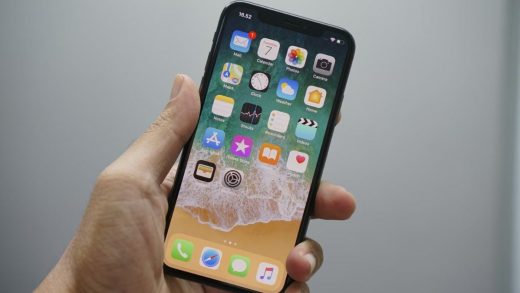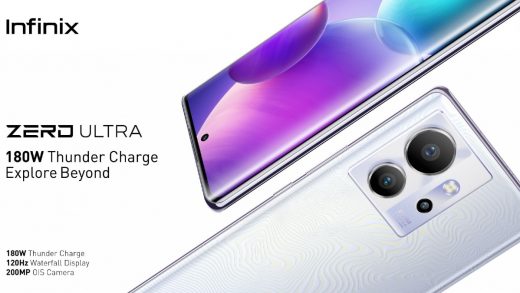
CES 2023 in Las Vegas once again brought 3D technology into the spotlight. However, this time the focus was on a more advanced 3D application – glassless 3D displays. While 3D technology has always generated interest among both tech enthusiasts and the general public, it has struggled to gain mainstream acceptance due to various reasons. In the early 2000s, 3D movies were a trend, but the requirement to wear glasses put many people off and limited the potential applications of 3D displays and holograms. Later, in the 2010s, glassless 3D monitors and televisions gained popularity, but low-resolution panels and a lack of use cases hindered their widespread acceptance.
Several companies have already integrated glassless 3D into their products, leveraging advanced optical, display, real-time rendering, and AI technologies as well as the newest shaders and drivers. This integration of glassless 3D has the potential to revolutionise gaming, delivering an intuitive, interactive, and immersive experience to gamers. Success of the metaverse and VR technologies, touted as the next big thing in tech, hinges on the success of 3D monitors and TVs. Glassless 3D technology’s potential impact extends beyond gaming and is worth exploring in other verticals as well.
In this article, we will highlight how glassless 3D applications can revolutionise different sectors and the impact it can potentially create.
Consumer electronics
The consumer electronics market has witnessed a steady stream of technological advancements, and the industry stands to gain significantly if glassless 3D technology gains wider acceptance. This technology relies on front-end optics and a multi-view render engine to provide high-clarity, in-depth 3D content without the need for special glasses. The glassless 3D display’s touch screen feature has enabled seamless experiences across a range of devices such as televisions, smartphones, laptops, and tablets. Additionally, the glassless 3D display allows viewers to adjust the image’s viewing depth, giving them greater control over their viewing experience. This depth level can be set easily, just like changing audio volume. The Glassless 3D display market is expected to experience significant growth in the coming years.
Glassless 3D in healthcare
The healthcare industry stands to benefit immensely from the various applications of glassless 3D technology, including robotic surgery, phobia treatment, and surgery simulation. Glassless 3D technology enables more accurate analysis of data from MRI scans, which is critical for making precise diagnoses. Conventional 2D and glasses-assisted 3D displays do not meet the clinical requirements for minimally invasive video-assisted thoracoscopic surgery (VATS), making glassless free 3D displays ideal for this type of surgery. The adoption of glassless 3D displays could help drive the development of minimally invasive surgery, which is expected to be the next big thing in modern surgery. Medical students can also benefit from this technology, as surgeries and operations can be live streamed in hospitals or medical colleges on glassless 3D TVs for educational purposes.
Glassless 3D technology has limitless applications and use cases. It can be employed in education to help students, particularly in subjects such as autonomy, which require a broad imagination. Furthermore, it can be utilized in architectural design.
In conclusion, the potential success of glassless 3D displays has the power to revolutionize and bring innovation not only to the gaming industry but also to other sectors. Glassless 3D technology can be utilized in the medical field to improve patient outcomes, in industrial applications to enhance safety, in the education industry to aid learning, and in the entertainment industry to create blockbuster hits. With virtual reality still in its early stages, the widespread adoption of glassless 3D displays is crucial for the immersive virtual world to move beyond mere tourist attractions.
Gadgets 360 Insights articles are written by industry leaders, analysts, researchers, and experts in various fields related to personal technology, exclusively for our readers.


